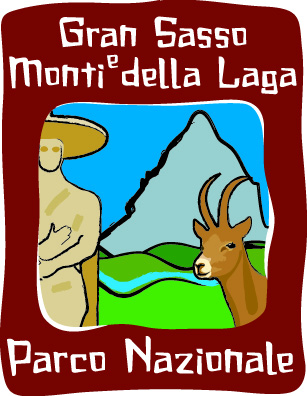Case Study
Autochthonie Project
Contact name
Dr. Luca Schillaci
Institution name
Gran Sasso and Laga Mauntains National Park
Region & country
Italy, Abruzzo
Summary
Networking and system is the main objective of the project. The zootechnical and industrial world often do not talk to each other: the collaboration and synergy between these two realities, together with the involvement of all the actors interested in the sheep sector, are the basis of the actions of the project. Breeders, textile and sheep meat processing industry, haute couture entrepreneurs and training schools sit at the same table to establish commercial strategies and economic and supply agreements.
Background of the project
The national textile industry had little interest in using Italian wool, let alone raw materials from marginal areas. Moreover, the textile industry was not particularly interested in the correlation between wool, territory, animal welfare and environmental protection.
A similar situation occurred for the meat industry: the quality of the meat produced in the protected area, even if perceived, was not adequately valued and remunerated.
It is important to make the consumer perceive how much the purchase of a product made with local raw materials from a protected area in respect of animal welfare allows to support the protection of the territory and the historical and cultural traditions handed down over time. Even the industry must recognize that local products have different characteristics compared to mass raw materials and therefore different prices, but the product peculiarities, if well communicated, allow economic return.
Solution and actions taken
The project analysed the starting situation in the sheep meat and wool sector and its strengths and weaknesses. Each partner then put in place actions aimed at encouraging the use of local raw materials, according to their skills and abilities, with the aim of producing new clothing and sheep meat products. The results of sales and public consumer satisfaction would have laid the foundations for further development and enlargement to other partners.
1. Creation of the Autochthonous Brand in Terra d’Abruzzo.
2. creation of a documentary illustrating the initiative.
3. Dissemination of the initiative to the public.
4. Continued work to develop useful strategies to broaden stakeholders.
5. Creation of haute couture clothing and a roast line with local meat.
Other institutions or parties involved
The following partners participated:
– Confindustria of Chieti/Pescara,
– University of Pescara – Faculty of Economics,
– Regional Association of Breeders of Abruzzo,
– Textile and Haute Couture Industry, Fashion School
– Meat processing industry.
Results
Following the results obtained at international level, from a first experimental trial, in which garments were made from fabrics produced with local wool, all partners intend to continue the project.
Also for sheep meat, the will to increase the sale of local meat, which is a direct expression of the quality of the territory, has grown.
Consumers have shown to appreciate the initiative also because they have been sensitized.
Challenges
Industry had to face higher raw material purchase prices than normal sources of supply. The production and testing costs incurred by the industrial partners were very high: this required a real act of faith and trust on the part of the entrepreneurs, a sign of the interest aroused.
Lessons learned
In implementing the project actions, it was perceived how much the final consumer is increasingly interested in quality products and how the link with the territory, good agricultural practices, environmental protection and pastoral traditions generate an emotion and a consequent demand.
In the light of the above, new ideas and new outlets and uses are facilitated, ensuring the expansion of the initiative.
Contact name
Dr. Luca Schillaci
Institution name
Gran Sasso and Laga Mauntains National Park
Website(s)
